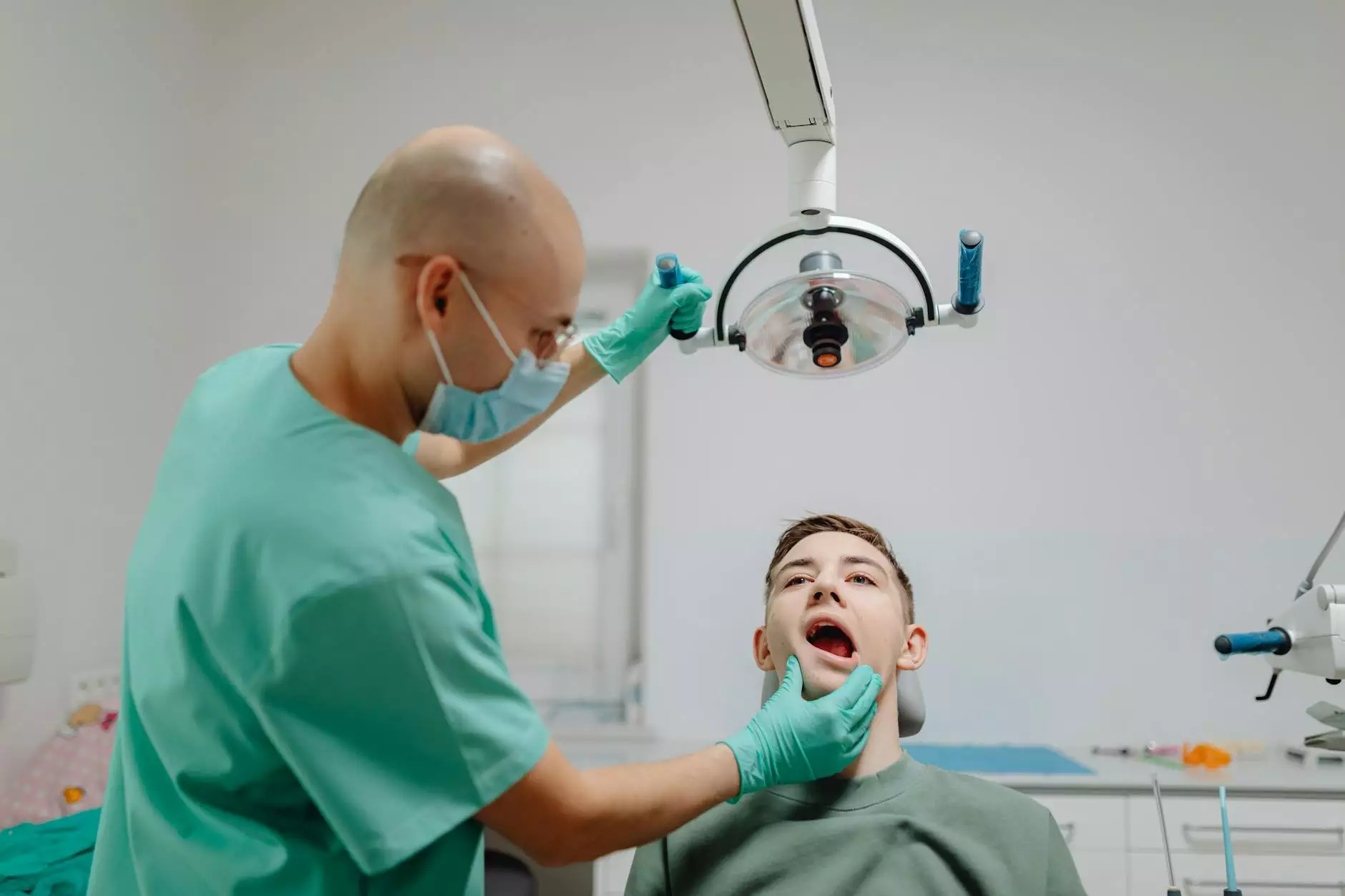Understanding Vitamin B12 Deficiency: Self-Care Strategies and Remedies

Vitamin B12 is an essential nutrient that plays a pivotal role in maintaining the health of our nervous system, blood cells, and DNA. A deficiency in this vital vitamin can lead to various health issues, making it crucial for everyone, particularly those at risk, to understand how to manage their health proactively. In this comprehensive article, we will delve into vitamin B12 deficiency self-care, its symptoms, causes, and effective strategies for maintaining adequate levels.
What is Vitamin B12 and Why is it Important?
Vitamin B12, also known as cobalamin, is a water-soluble vitamin that is naturally found in some foods, and it is also available as a dietary supplement. Here are some key functions of Vitamin B12:
- Red Blood Cell Formation: Vitamin B12 is crucial for the development of red blood cells, preventing anemia.
- Nervous System Health: It maintains the myelin sheath that protects nerves and enables efficient signal transmission.
- DNA Synthesis: Vitamin B12 is essential for DNA production, with implications for cell division and growth.
- Energy Production: It aids in the metabolism of fats and proteins, helping to convert food into energy.
Recognizing the Symptoms of Vitamin B12 Deficiency
Identifying the signs of vitamin B12 deficiency is critical for timely intervention. Some common symptoms include:
- Fatigue and Weakness: A commonly reported feeling among those with low vitamin B12 levels.
- Pale or Jaundiced Skin: Insufficient red blood cells can lead to a paler complexion or a slight yellowing of the skin and eyes.
- Nerve Problems: Tingling or numbness in the hands and feet can occur due to nerve damage.
- Cognitive Issues: Memory problems, mood changes, and difficulty thinking clearly can signal a deficiency.
- Glossitis and Mouth Ulcers: Inflammation of the tongue and ulcers can be characteristic signs.
Causes of Vitamin B12 Deficiency
There are several reasons why a person may develop a vitamin B12 deficiency:
- Poor Diet: A diet lacking in animal products (meat, dairy, eggs) can lead to insufficient vitamin B12 intake.
- Absorption Issues: Conditions such as pernicious anemia, celiac disease, or Crohn’s disease can affect the absorption of this vitamin.
- Age: Older adults may have reduced stomach acid, hindering vitamin B12 absorption from food.
- Medications: Certain medications can interfere with vitamin B12 absorption or metabolism.
Self-Care Strategies for Managing Vitamin B12 Deficiency
Managing vitamin B12 deficiency through self-care is essential for improving health and well-being. Below are effective strategies:
1. Dietary Modifications
One of the best ways to increase vitamin B12 levels is through diet. Here are some rich sources:
- Animal Products: Red meat, poultry, fish, eggs, and dairy products.
- Fortified Foods: Many plant-based milk alternatives and cereals are fortified with vitamin B12.
- Supplements: If dietary intake is insufficient, consider B12 supplements, particularly if you're vegetarian or vegan.
2. Regular Health Check-ups
Routine blood tests to measure vitamin B12 levels can help catch deficiencies early. Speak to your healthcare provider about testing, especially if you experience symptoms.
3. Manage Underlying Conditions
If you have a medical condition affecting absorption, treatment for that underlying issue is crucial. Collaborate with healthcare professionals to develop a comprehensive treatment plan.
4. Lifestyle Changes
Making lifestyle modifications can improve overall health and enhance nutrient absorption:
- Quit Smoking: Smoking can interfere with nutrient absorption.
- Limit Alcohol Intake: Excessive alcohol can impair vitamin absorption.
- Incorporate Nutrient-Dense Foods: Focus on a diet rich in vegetables, whole grains, and healthy fats for optimal nutrient intake.
Supplements: A Comprehensive Overview
For individuals with dietary restrictions or absorption issues, supplements are often necessary. Here’s what to consider:
- Types of Supplements:
- Oral tablets
- Sublingual tablets
- Injections (for severe deficiencies)
- Dosage and Administration: Consult with a healthcare professional to determine the appropriate form and dosage tailored to your specific needs.
- Natural vs Synthetic: Both forms have been shown to be effective, but natural sources from animal products are usually more bioavailable.
Conclusion: Taking Charge of Your Health
Vitamin B12 deficiency is a serious condition that can lead to various health complications if left unaddressed. However, with proper self-care strategies, regular monitoring, and a commitment to a nutritious diet, individuals can effectively manage their vitamin B12 levels and enhance their overall well-being. Prioritize your health today by incorporating these practices into your daily routine and seeking professional guidance as needed.
Further Resources
For additional information on vitamin B12 and its importance, consider the following resources:
- National Institutes of Health: Vitamin B12
- Mayo Clinic: Pernicious Anemia
- Healthline: Everything About Vitamin B12
In conclusion, staying informed and proactive about your health can make all the difference in preventing and addressing vitamin B12 deficiency effectively. Embrace these self-care strategies to foster a healthier tomorrow.









